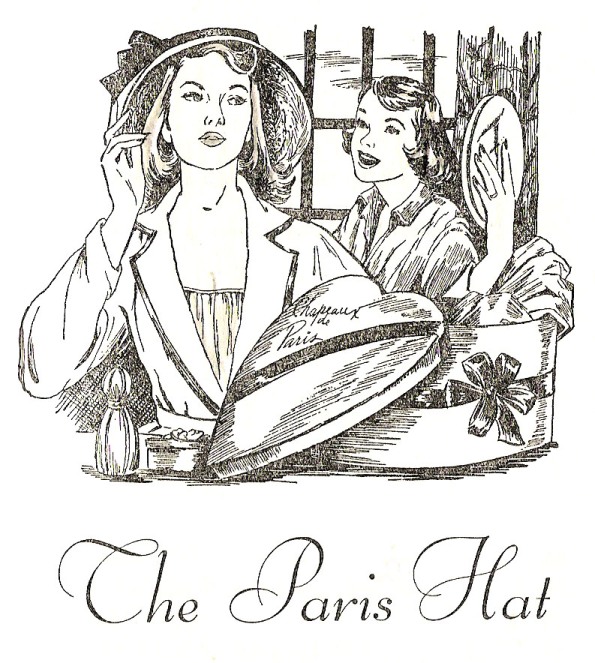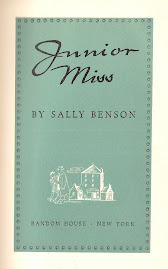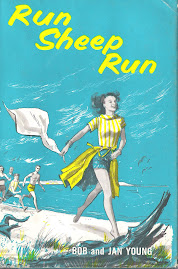 Title: River At Her Feet
Title: River At Her FeetAuthor: Zoa Sherburne
Jacket: Joseph CelliniPublisher: William Morrow, 1965
Provenance: Formerly the property of Thelma C. Holden of RoanokeSetting: Clarksburg, USA
Fun: being a bridesmaid; a musical prodigyQuote: "The flowers came," Francine announced in reverent tones. "They smell simply beautiful and Mother cried when she saw them."
"Mother," Elizabeth reminded her younger sister glumly, "has been known to cry at pep rallies. What else is new?"
Although I had heard of Zoa Sherburne, I read this book partly because I saw her name on Peter Sireuta's Collecting Children's Books blog, where, along with Jean Nielsen and Amelia Walden, she was mentioned as YA writer from what he calls a "lost generation." After reading River at her Feet, I would describe Sherburne as a transitional writer, looking ahead to the kinds of books I often read growing up in the 70s: "problem novels," yes, but ones that focused on emotional situations rather than divorce, alcoholism or some of the more "angsty" issues.
River at Her Feet takes its theme from the once-familar Longfellow poem Maidenhood: "Standing with reluctant feet/Where brook and river meet." Interestingly, I've read some criticism that these lines, which are also quoted in Anne of Green Gables, are a coded reference to physical maturation of adolescence. (Oh, those literary critics and their filthy minds!) In any case, Sherburne focuses strictly on the emotional growth of her heroine, Elizabeth Stacy. At loose ends after her older sister's wedding, Elizabeth, 16, develops a crush on Eric Killian, piano prodigy and visiting celebrity, who happens to be 24.
What follows is a little shocking to tender modern sensibilities. Eric and Elizabeth date, though very chastely. They take long walks and go boating and once even go to a formal dance. Elizabeth's parents frown but take a hands-off approach. (We eventually learn that this is because they know that Eric has a steady girlfriend his own age in his hometown.) Sherburne handles this so well the reader doesn't ask some rather obvious questions about how damaging these emotional cross-currents might be. And River ends cheerfully, with Elizabeth turning down a last date with Eric to spend time with her family. If River at Her Feet is a transitional novel, looking ahead to some of the tougher subjects that will be tackled later in the decade, emotionally it's still back in the past -- with Longfellow -- viewing adolescence as a time of rapture, growth and innocence.











No comments:
Post a Comment